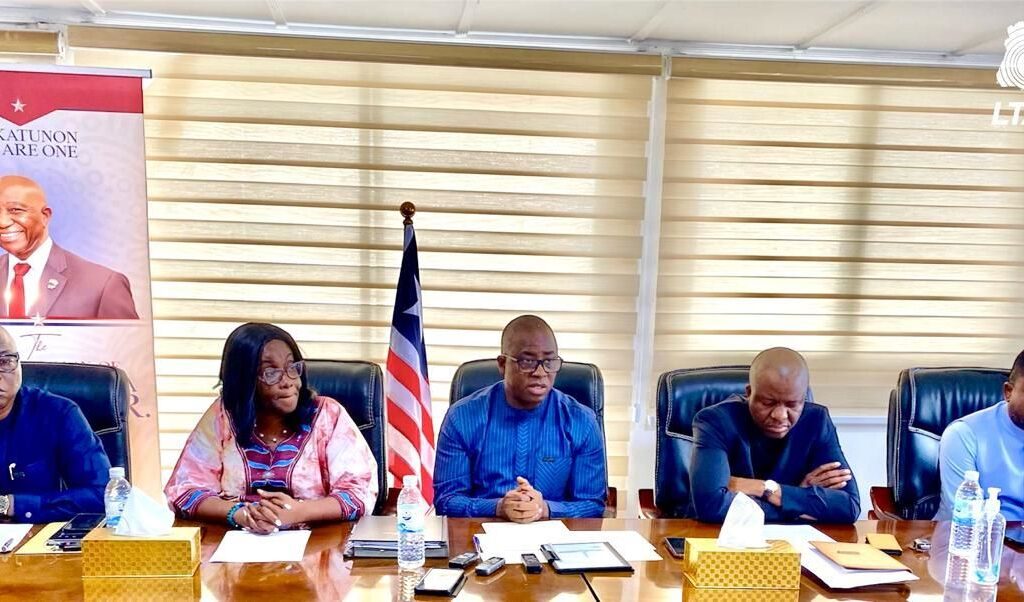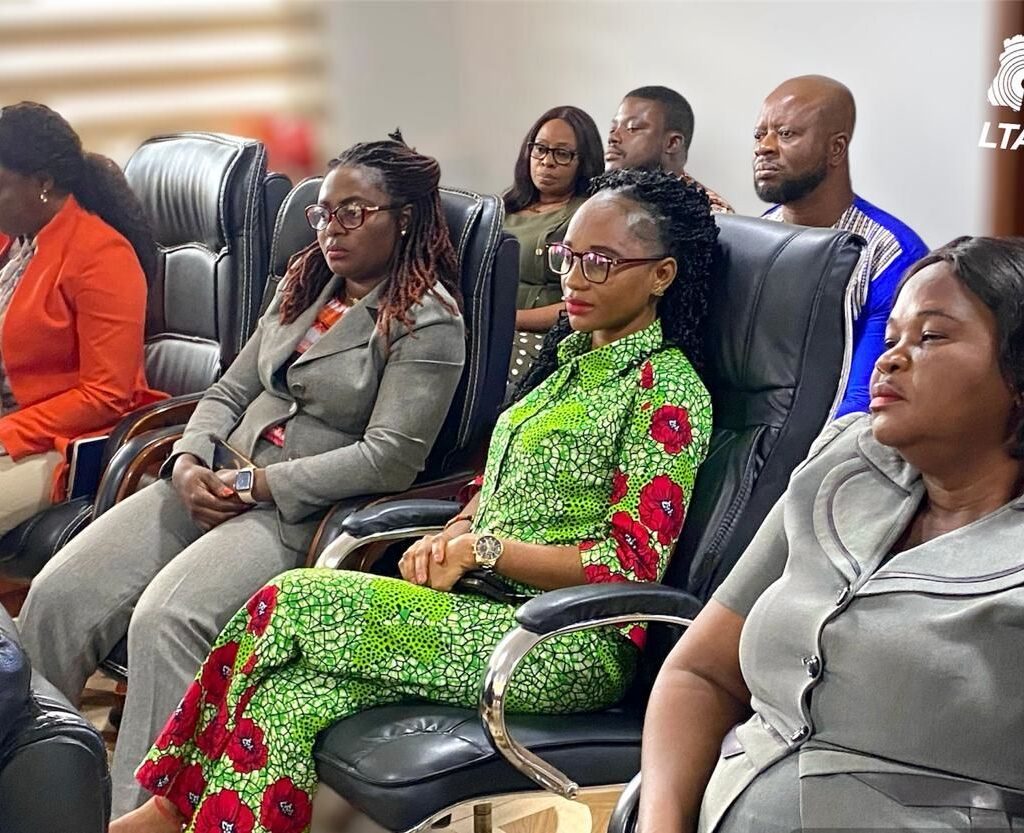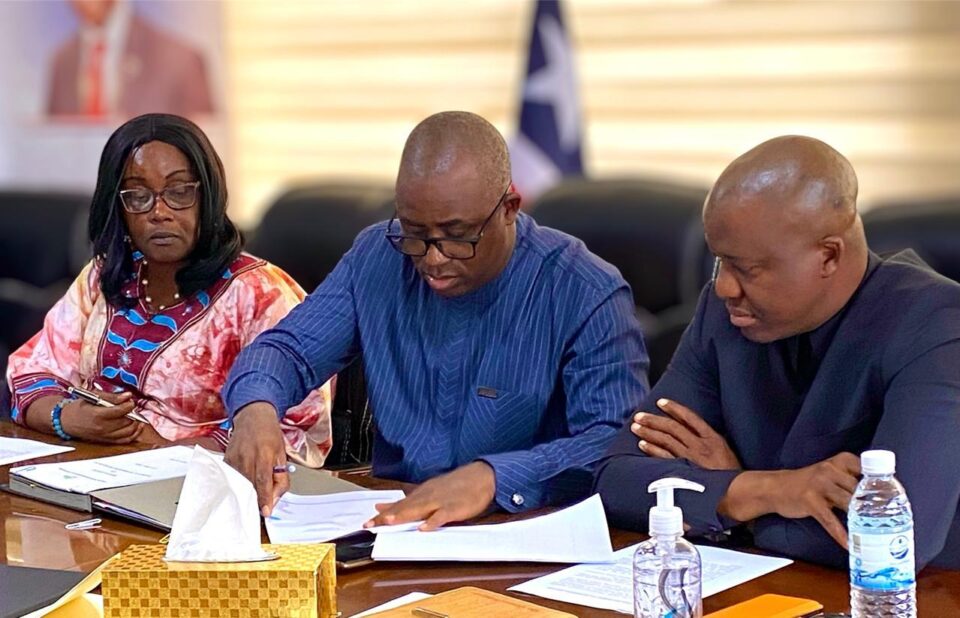But What’s In The New Regulations?
By Alfred Kollie alfredkolliejr92@gmail.com
Monrovia, Liberia – In a historic event Monday, the Acting Board of Commissioners of the Liberia Telecommunications Authority (LTA) has signed the first-ever regulations under their tenure, marking a significant milestone for the country’s telecommunications sector.
These regulations are expected to revolutionize the industry, providing new opportunities for Liberian entrepreneurs, enhancing service quality, and boosting government revenue.
The two major regulations, developed after extensive research, review, and public consultation as mandated by the LTA Act, are poised to redefine the telecom landscape.

The first regulation, referred to as the Numbering Regulations, introduces a revamped Numbering Plan that establishes a comprehensive framework for the efficient allocation, assignment, utilization, and management of all telecommunication numbers, including Short Codes, throughout the nation.
Previously, Mobile Network Operators (MNOs) possessed complete control over the assignment and pricing of Short Codes, often imposing exorbitant fees.
This lack of regulation created an unfair market, especially for those entering the Mobile Money Market.
The new Numbering Regulation changes this dynamic, designating all Short Codes as a national resource managed by the LTA.
This ensures equal access for all applicants on a first-come, first-served basis, with clearly defined guidelines and standards.
Under the revised Numbering Plan, Short Codes are now categorized into 3-digit to 6-digit codes, with specific provisions for Toll-Free, Premium, and other specially assigned numbers.

The regulation eliminates exclusive perpetual rights to numbers, encouraging fair competition and transparency.
The application fee for Short Codes is set at USD 25, with an annual authorization fee of USD 150, except for limited 3-digit Short Codes, which carry a USD 1,500 authorization fee.
This new regulatory framework decentralizes control over this scarce national resource, stimulating competition and creating business opportunities for smaller entrepreneurs, particularly Liberians.
The second regulation, known as the Regulations on Wholesale Access to Telecommunication Networks for the Provision of Value-Added Services (VAS), further supports this objective.
The VAS Regulation mandates that MNOs provide access to Short Code businesses, ensuring equitable, cost-based access for these businesses to reach their customers through MNOs, and promoting sustainable wholesale access to non-telecom services.
Over the next two to three months, the LTA has implemented a transitional arrangement that requires all active or reserved numbering resources to transition to the LTA.
During this period, MNOs will transfer their control and terminate existing contracts with Short Code businesses.
The LTA will subsequently determine the numbering authorization fee. This transitional phase aims to disrupt the market, fostering a more competitive and transparent environment. The LTA will also implement appropriate measures to effectively manage and monitor the implementation of these regulations, ensuring their success and adherence to the intended goals.
The essence of these two distinct regulations is to create opportunities for smaller businesses and encourage greater Liberian involvement in the ownership, control, and management of the telecom industry.
This shift is expected to stimulate innovation and entrepreneurship, fostering a level playing field where both new and existing businesses can thrive.
The Numbering Regulations introduce a structured framework for the allocation and management of telecommunication numbers, ensuring that all market players have equal access to vital resources.
This will prevent monopolistic practices and drive healthy competition, ultimately improving services and lowering costs for consumers.
Conversely, the VAS Regulation mandates that MNOs grant access to Short Code businesses, enabling these smaller entities to effectively reach their customers.
This regulation is critical for the development of value-added services, which are anticipated to drive growth in the telecom sector. By facilitating fair market access, the VAS Regulation will diversify the services available to consumers, enhancing their overall experience.
During the transition period over the next two to three months, the LTA will work diligently to address any challenges that may arise and ensure the successful implementation of these regulations.
This proactive approach aims to create a more competitive and transparent environment in the market.
These new regulations are poised to revolutionize Liberia’s telecom sector by promoting fairness, transparency, and competition.
They will create new avenues for smaller businesses, encourage local entrepreneurship, and ensure that all Liberians benefit from improved telecom services.
With these regulations serving as a foundation for sustained growth and innovation, the future of Liberia’s telecom industry looks brighter than ever.

